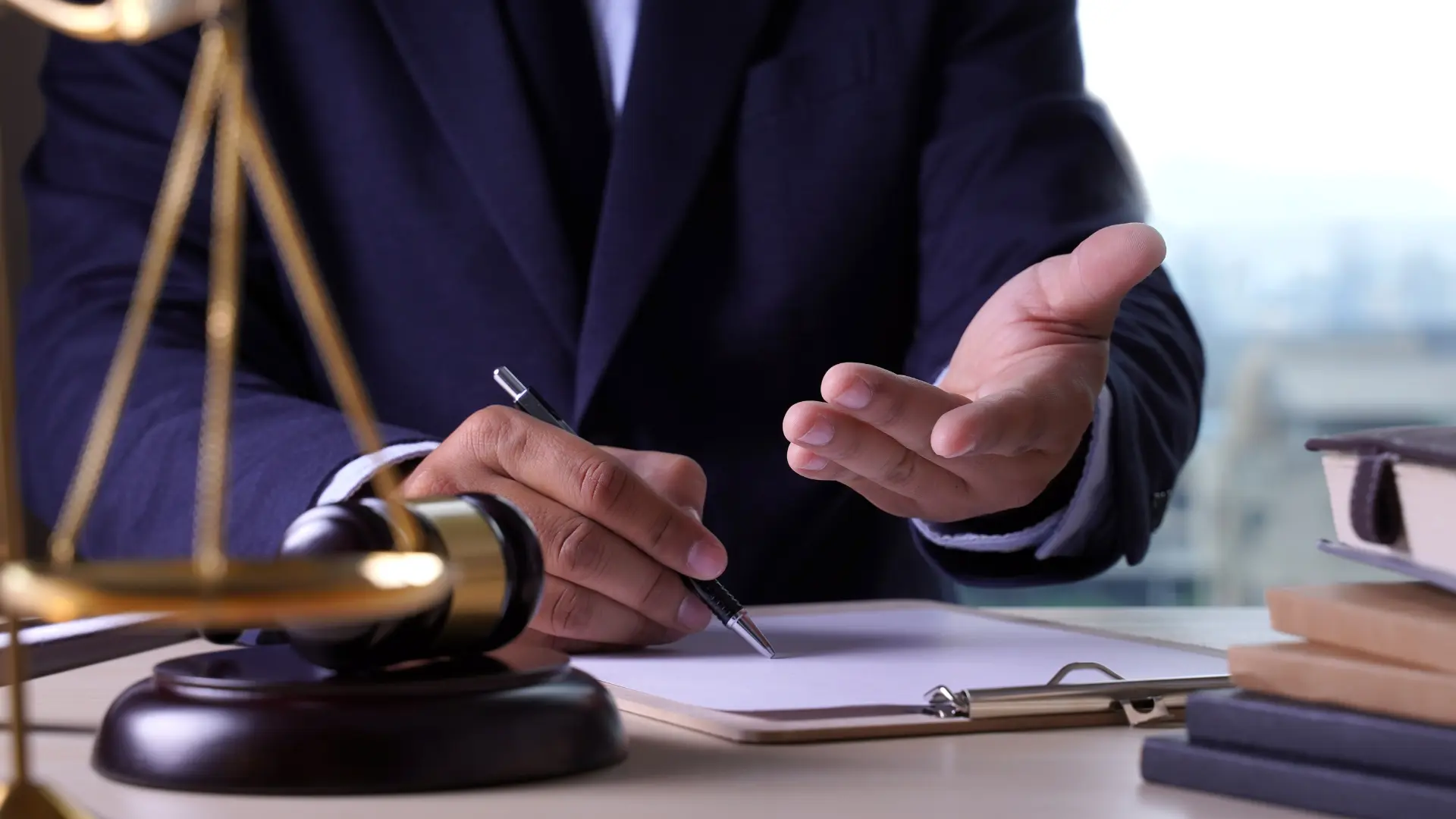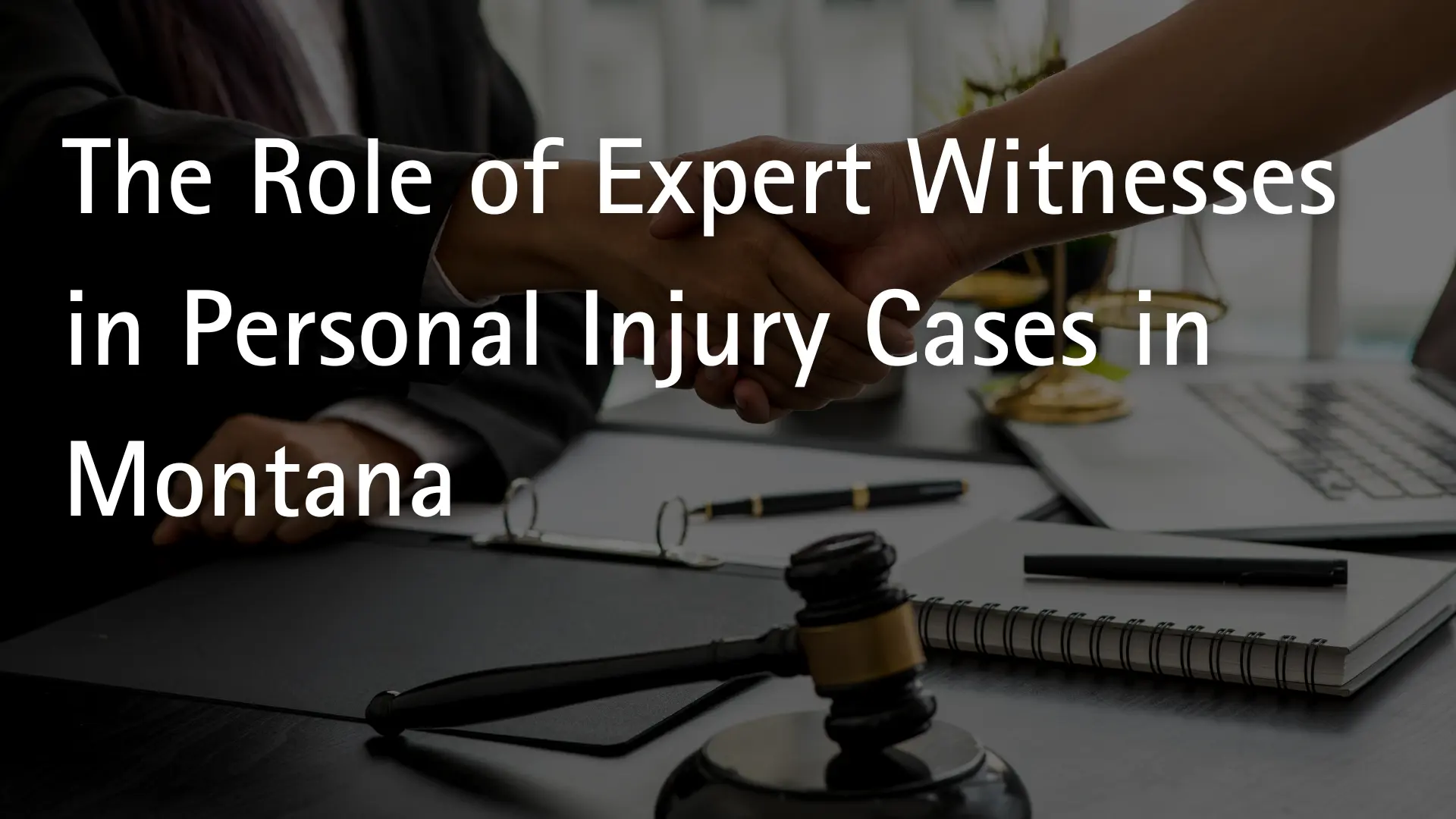Personal injury attorneys use several types of evidence to argue claims, and one type is the testimony of expert witnesses. Experts’ testimonies can serve as a critical piece of evidence, especially in common cases that require niche or specialized knowledge. It’s common for both sides in personal injury cases to utilize expert witnesses, so it’s important to know what function expert testimony serves and its limitations.
Why Expert Witnesses Are Important in Personal Injury Cases
Expert witnesses are people with specialized skills and knowledge who may be called upon in personal injury trials to testify. Expert witnesses do not provide eyewitness testimony but help judges and juries understand and contextualize scientific and technical topics that might arise in personal injury cases. Expert witnesses might be called on to explain how a specific accident happened or the typical prognosis for someone with the victim’s injuries. In either case, the expert witness is there to give their professional opinion about some evidence or a fact of the case.
Common Types of Expert Witnesses in Personal Injury Cases
In the context of personal injury cases, one can distinguish between testifying experts and consulting experts:
- Testifying experts provide critical testimony in trials on scientific and technical topics. Testimony from testifying experts is subject to the same rules of discovery as those for other evidence in civil trials.
- Consulting experts instead provide expertise behind the scenes and do not provide trial testimony. Consulting experts are not subject to discovery rules, and their contributions to the case can remain confidential.
An attorney might utilize both types of experts, depending on the evidentiary and strategic needs of the case. Below are some of the most common types of professionals attorneys utilize as experts in personal injury cases.
- Physicians. Physicians and other medical professionals often provide expert testimony regarding injury severity and average medical costs.
- Forensic scientists. Forensic scientists can analyze physical evidence and provide professional opinions about the sequence of events and the cause of the accident.
- Accident reconstruction. Accident reconstruction experts can use computer models to simulate and analyze accident conditions and events.
- Vocational experts. Vocational experts can testify regarding the injury victim’s ability to work and perform job duties.
- Counselors and psychiatrists. Counselors, psychiatrists, and other mental health professionals can offer their opinions regarding emotional or mental distress and disorders.
- Financial analysts. Financial analysts can offer their professional opinions regarding injury expenses, lost work income, and other losses of economic productivity.
When Are Expert Witnesses Required?
Expert witnesses are necessary when the facts of a specific personal injury case require specialized knowledge that a typical judge and jury would not have. For instance, an attorney might call upon a physical therapist to explain common physical and functional limitations associated with musculoskeletal injuries. They can call on a vocational expert to explain how the victim’s disability prevents them from performing their regular work duties.
Expert witnesses may also help clarify complex chains of events and identify causal responsibility. For example, accident reconstruction and forensic scientists can recreate the conditions preceding a car accident to explain how it happened. A medical device expert could explain the exact mechanical steps leading to the failure of a defective pacemaker.
Qualifications for Expert Witnesses in Montana

- Be a licensed medical professional in a field related to the case’s subject matter.
- Have practiced within the past five years (MCA 26-2-601)
When assessing expert suitability, courts will not just look at their credentials. They also examine the expert’s specific methodology/models and whether they are generally accepted in the scientific community. These standards help courts keep “junk science” out of the courts and ground expert testimony in actual scientific practice.
Montana Personal Injury Attorneys from Travis & Brann, PLLP
Expert witness testimony is just one type of evidence you can use to strengthen your case. An attorney can gather evidence from various sources to create a robust argument supporting your claim for financial compensation. If you have any more questions about the role of expert witnesses in Montana civil trials, contact Travis & Brann, PLLP online or call (406) 752-7550 to speak to our team of personal injury attorneys in Montana.
Related Post
Preparing For Your Personal Injury Mediation Process
Arbitration vs. Mediation in Personal Injury Cases: What You Need to Know

